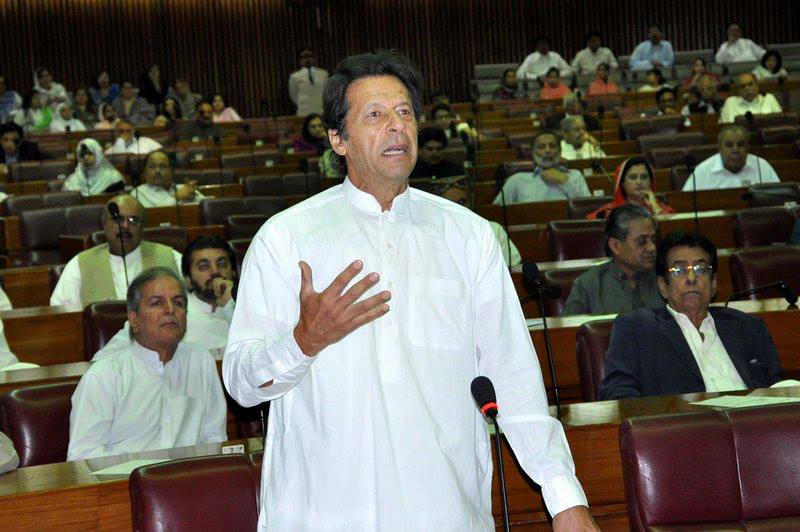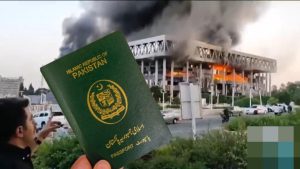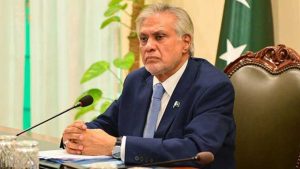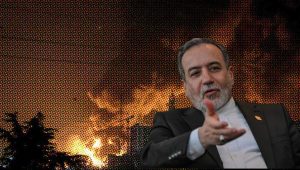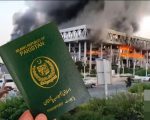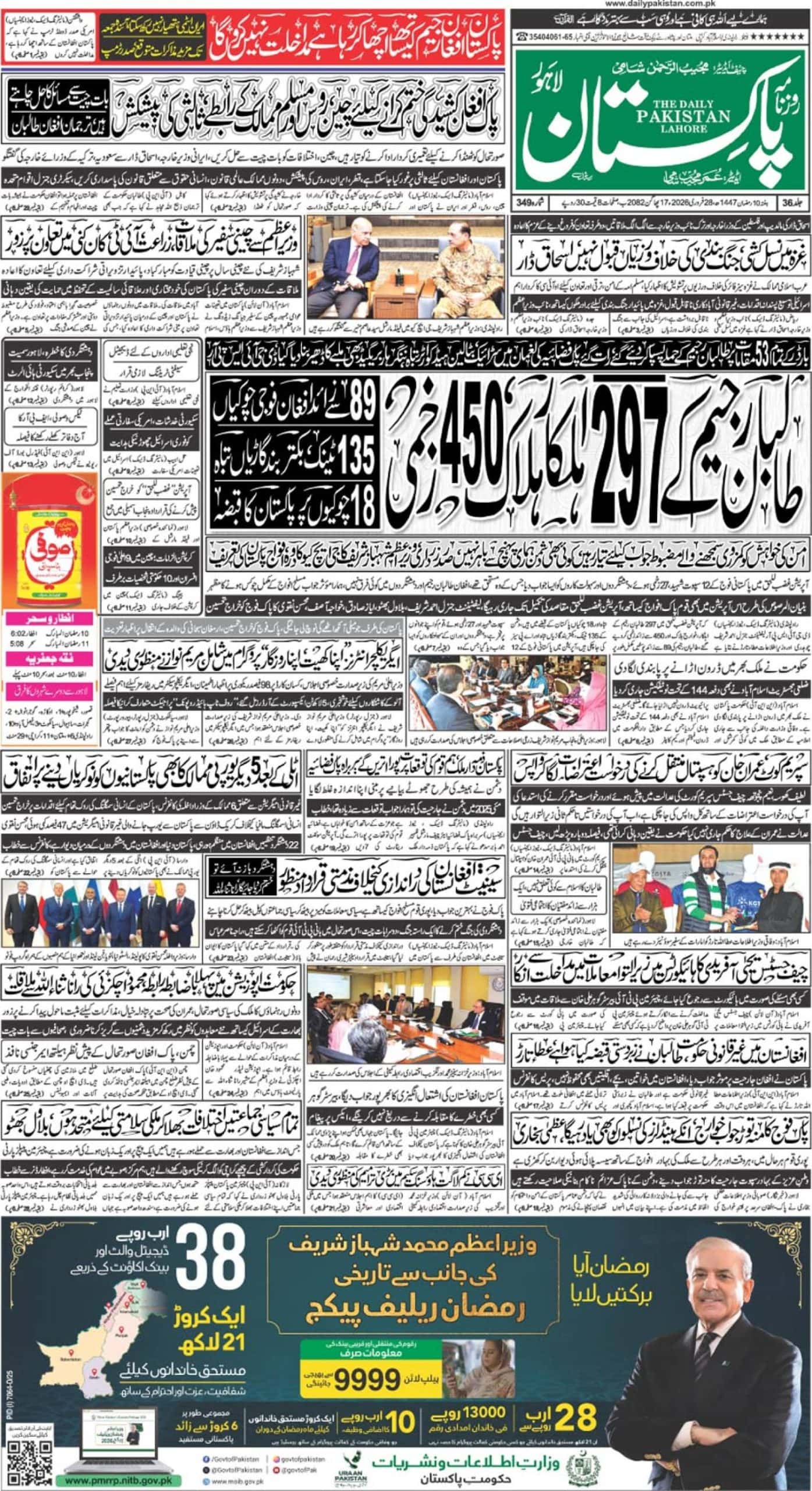ISLAMABAD – The political bickering for the selection of next Prime Minister is underway with Pakistan Muslim League Nawaz and Pakistan Tehreek-e-Insaf trying to woo independents, however, a constitutional clause might help Imran Khan become the next chief executive of the country, even without securing a magical figure in the Lower House of the Parliament.
The National Assembly comprises 342 members, out of which any candidate for PM needs the support of 172 members i.e 51 per cent of the members, however, according to the section 91 (4) of the Constitution of Pakistan, if no one is able to secure the simple majority support in NA, one who secures more number of votes among the members present would be declared as Prime Minister of Pakistan.
The constitutional clause, which has provided a breathing space to Pakistan Tehreek-e-Insaf, extends the privilege that its not necessary to bag the support of 51 percent of the lawmakers.
Article 91(4) of the constitution reads: (4) The Prime Minister shall be elected by the votes of the majority of the total membership of the National Assembly:
Provided that, if no member secures such majority in the first poll, a second poll shall be held between the members who secure the two highest numbers of votes in the first poll and the member who secures a majority of votes of the members present and voting shall be declared to have been elected as Prime Minister:
Provided further that, if the number of votes secured by two or more members securing the highest number of votes is equal, a further poll shall be held between them until one of them secures a majority of votes of the members present and voting.
The constitutional clause confirms that even if PTI fails to garner the required magical figure i.e 172, it can elect Imran Khan as the Prime Minister on the premise that it can exceed its rivals in terms of the quantity of recently elected legislators.
Interestingly, the criteria for the selection of Chief Minister is the same as Article 130 of the constitution runs parallel to the Article 91 virtually implying that only a majority is required even if any party fails to secure the magical figure needed to form a government and elect its chief minister.
Moreover, there is no embargo on the selection of chief minister from among the lawmakers elected to the house on reserved seats. Additionally, a chief executive of the province can be from the non-Muslim community as well.
For the Prime Minister, the constitution of 1973 binds that no no-Muslim can be elected to the slot as per the criteria laid out in Article 91 section (3).
Traditionally, any legislator, who is elected to the house after contesting the General Elections is appointed as the Prime Minister and Chief Minister, though no constitutional restriction persists.
The constitution directs the president to convene the session of the National Assembly on the twenty-first day following the day on which a general election to the Assembly is held, while the limit is same for the Governor to summon a session of provincial assembly.
However, both the state and provincial heads can summon a session in less than 21 days as well.
The criteria laid out in Article 91 and Article 130 of the constitution apparently seems to stave off any stalemate on the selection of the Prime Minister and the Chief Minister.
According to the numbers game on the federal level, PTI is leading with 116 seats to their name followed by Pakistan Muslim league Nawaz with 64 seats while Pakistan Peoples Party has gained 43 seats.
In Punjab, the battle is more nerve-racking as Pakistan Muslim League Nawaz had gained 129 seats, trailed by 123 seats secured by Pakistan Tehreek-e-Insaf which also claims to gain majority owing to the independent candidates.

